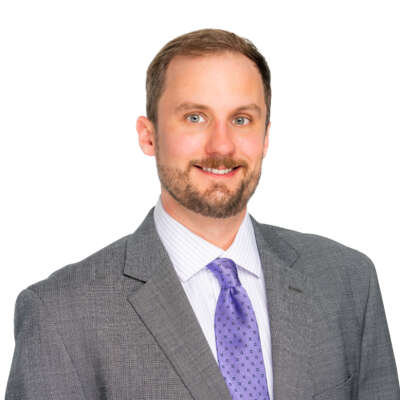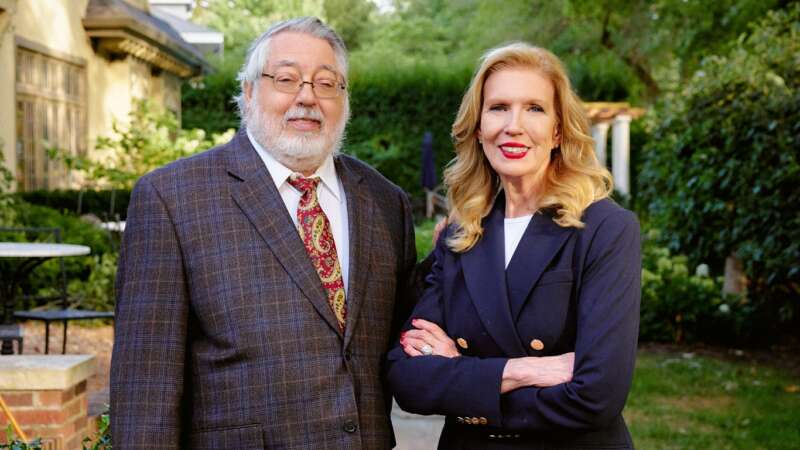Embracing the rewards of rural education.
Teaching in Goodland, Kansas, is more than leading a classroom; it’s cultivating curiosity and character in students.
Educators in rural areas experience careers beyond textbooks and tests, where their influence reaches beyond the classroom walls.
But today’s important issue is understanding how to be a successful teacher in a rural place.
It’s one thing to say you want to recruit teachers, but it’s something else entirely to recruit people who understand what teaching means in smaller communities.
“In a rural school, everyone knows your name,” said Barbara McCaffree, elementary agriculture teacher. “It’s the type of environment where parents are active partners in their children’s education and a community where people step up and help out.”
Making the transition
In places like Goodland, a town of 4,500 in far northwest Kansas, a key challenge has been transitioning teachers from urban areas.
These teachers often access more resources and amenities in urban settings, so moving to a rural area can be a significant adjustment.
To understand rural communities, prospective teachers need to gain experience through student teaching, internships, mentors or other field-based experiences.
But teaching in a rural place offers unique benefits. Due to smaller faculty sizes, decisions can often be made faster than in urban schools, allowing for the creation of rural school initiatives that provide exceptional learning experiences for students in a much shorter period.
And smalltown settings place educators in influential positions as role models and community pillars. In rural environments, teachers can build lasting relationships, make a real difference and embrace a lifestyle where professional satisfaction merges seamlessly with community camaraderie.
“In a smaller school,” said Nick Brummet, middle school counselor, “you might find yourself teaching a wider range of subjects or even taking on the role of a coach or extracurricular leader.”
The appeal of towns like Goodland lies not only in its educational ethos but also in the supportive community fabric that binds educators, students and families together.
“Here, educators are not just teachers. They’re mentors, coaches and trusted guides for our students,” said Emmet Rudolph, principal. “It’s about creating an environment where students feel supported, challenged and inspired to reach their full potential.”
Educators in Goodland find themselves deeply involved in shaping not just minds but also character and values that resonate throughout the community. Teaching there is a way of life that celebrates educational excellence, personal growth and the enduring bonds forged in a small-town setting.
Support K-State’s College of Education
Curated from: Beyond Fences and Fields (k-state.edu)
Written by: Lilly Majors




